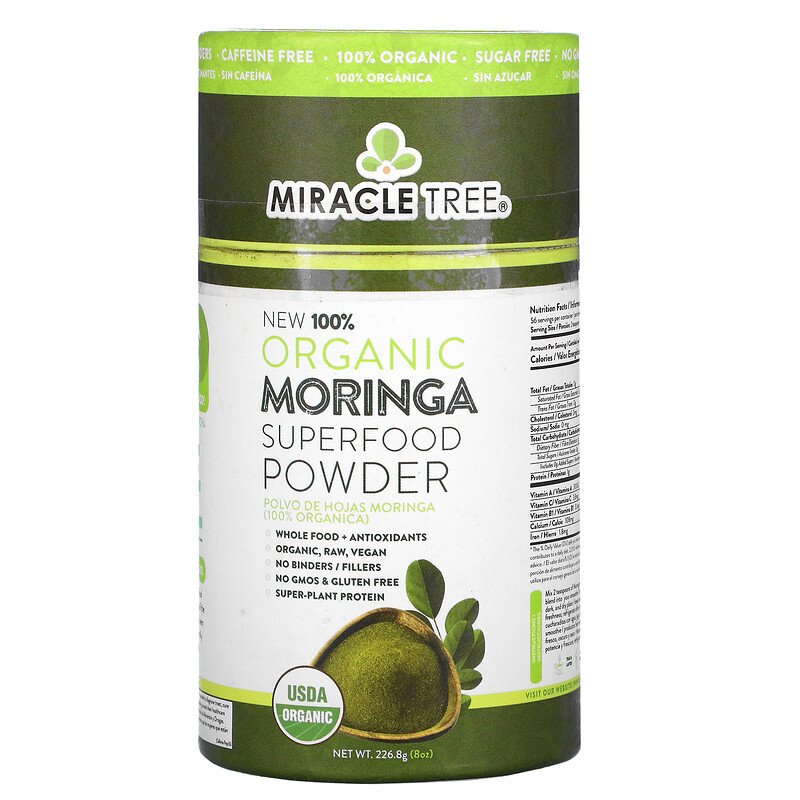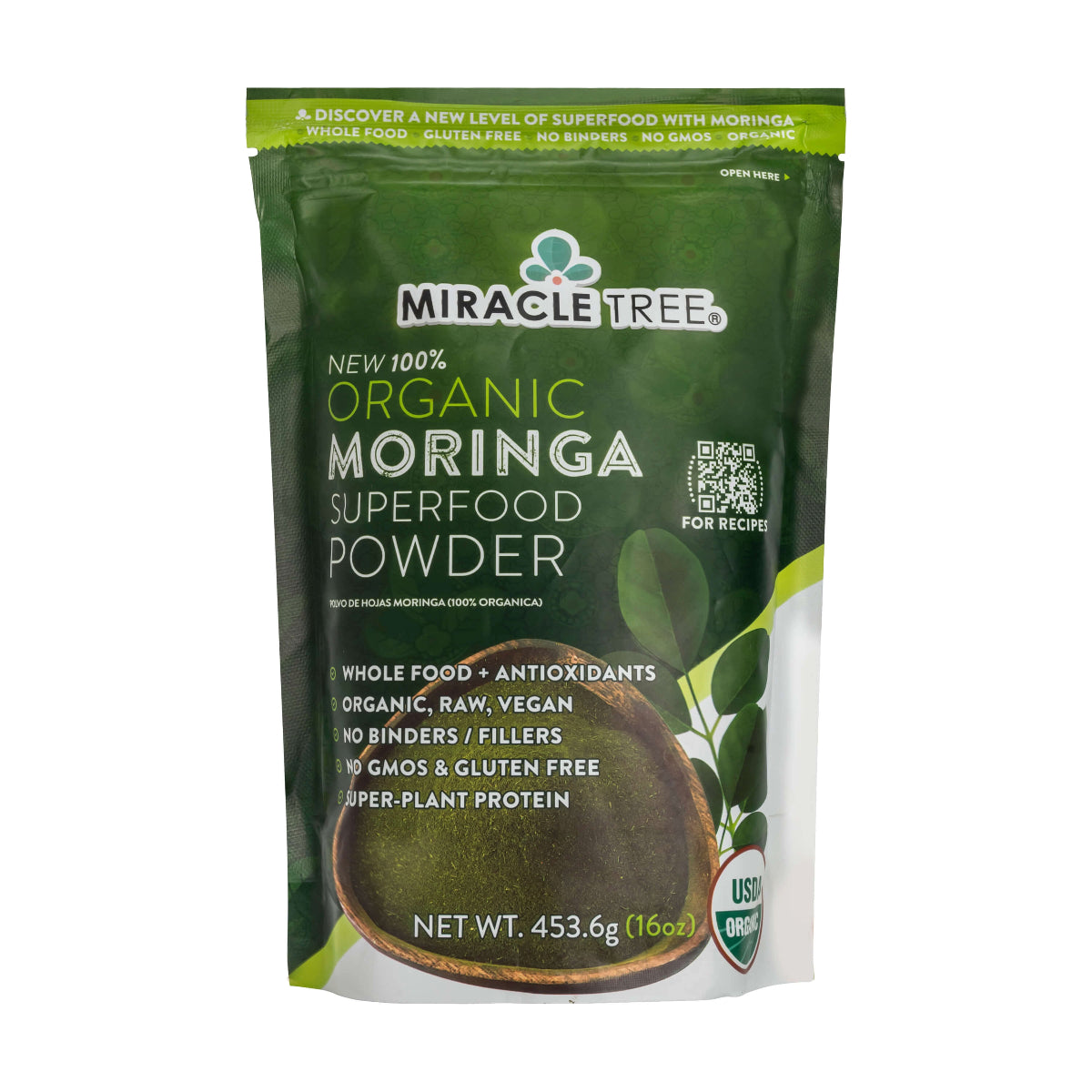Do you want to balance your sugar levels? Here’s how adding moringa to your diet can help.
According to the Centers for Disease Control and Prevention, 17.7 million Americans with diabetes need drugs—pills, injections or both—to help keep their blood sugar levels within a healthy range. But what exactly is diabetes?
What is diabetes?
Diabetes is a medical condition that develops when your blood sugar (glucose) is too high. It occurs when your body doesn't process insulin effectively or when your pancreas does not produce any insulin at all. People of all ages are affected by this condition. The majority of diabetes types are chronic (lifelong), although all of them can be controlled with medication or dietary adjustments.
What are the different types of diabetes?
The most common forms of diabetes include:
Type 1 diabetes
Type 1 diabetes, also referred to as insulin-dependent diabetes, is an autoimmune condition in which the body's immune system targets and kills the insulin-producing beta cells in the pancreas. This prevents the body from producing insulin, a hormone that controls blood sugar levels.
Type 2 diabetes
Type 2 diabetes is the most common type of diabetes, accounting for 90-95% of all diabetes cases. Insulin resistance, in which the body ineffectively uses insulin, is a metabolic condition that characterizes type 2 diabetes. Hence, blood sugar levels continue to be elevated, which can cause several health issues. Type 2 diabetes typically affects adults over the age of 45, however, because of sedentary lifestyles and poor eating habits, it is becoming prevalent in younger groups.
Type 1.5
Type 1.5 diabetes is also known as Latent Autoimmune Diabetes in adults (LADA). Like type 2 diabetes, it develops gradually and only occurs in adults. Since LADA is an autoimmune disease, it cannot be treated by diet or lifestyle.
Gestational diabetes
Gestational diabetes is a type of diabetes that develops during pregnancy. Hormonal changes that promote insulin resistance and raise blood sugar levels are the root cause of it. About 2-10% of all pregnancies are affected by gestational diabetes, which often manifests in the second or third trimester.
Can moringa help balance sugar levels?
The moringa plant, commonly called the "miracle tree," is indigenous to India and is grown all over the tropics. Its seeds, pods and leaves are used both as a food source and for medicinal purposes. Since moringa is an excellent source of vitamins, minerals and antioxidants, it may help balance sugar levels. Chlorogenic acid is one of the compounds present in moringa, and tests on both humans and animals have demonstrated that it may lower blood sugar levels. Moreover, moringa contains isothiocyanates, which have been shown to decrease insulin resistance and increase insulin sensitivity. Moringa can make the body more adept at using insulin to balance sugar levels by improving insulin sensitivity.
Did you know inflammation is one of the leading causes of diabetes? The potent anti-inflammatory properties of moringa can aid in lowering inflammation levels in the body. The plant has flavonoids and phenolic acids that effectively reduce oxidative stress and inflammation. Moringa can enhance insulin sensitivity and balance sugar levels by lowering inflammation.
How to incorporate moringa into your diet to balance sugar levels?
Are you wondering how to incorporate moringa into your diet to balance sugar levels? Here are a few simple ways to do it:
- Moringa powder: Moringa powder is made from dried and ground moringa leaves. You can add it to your juices and smoothies or sprinkle it on your salads to reap its incredible benefits.
- Moringa tea: Moringa leaves are steeped in hot water to make moringa tea. It can be consumed as a hot or cold beverage and has a pleasant, mild flavor.
- Moringa capsules: Moringa capsules are another easy way to reap the health benefits of this superfood.







